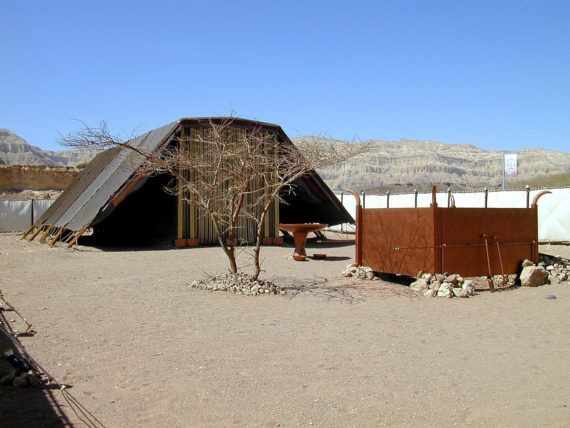Leviticus 1:1–9
The Offerer Offers the Animal to the LORD. Leviticus 1:4–9
There are several actions of obedience that take place here in our text with regards to the sacrifice.
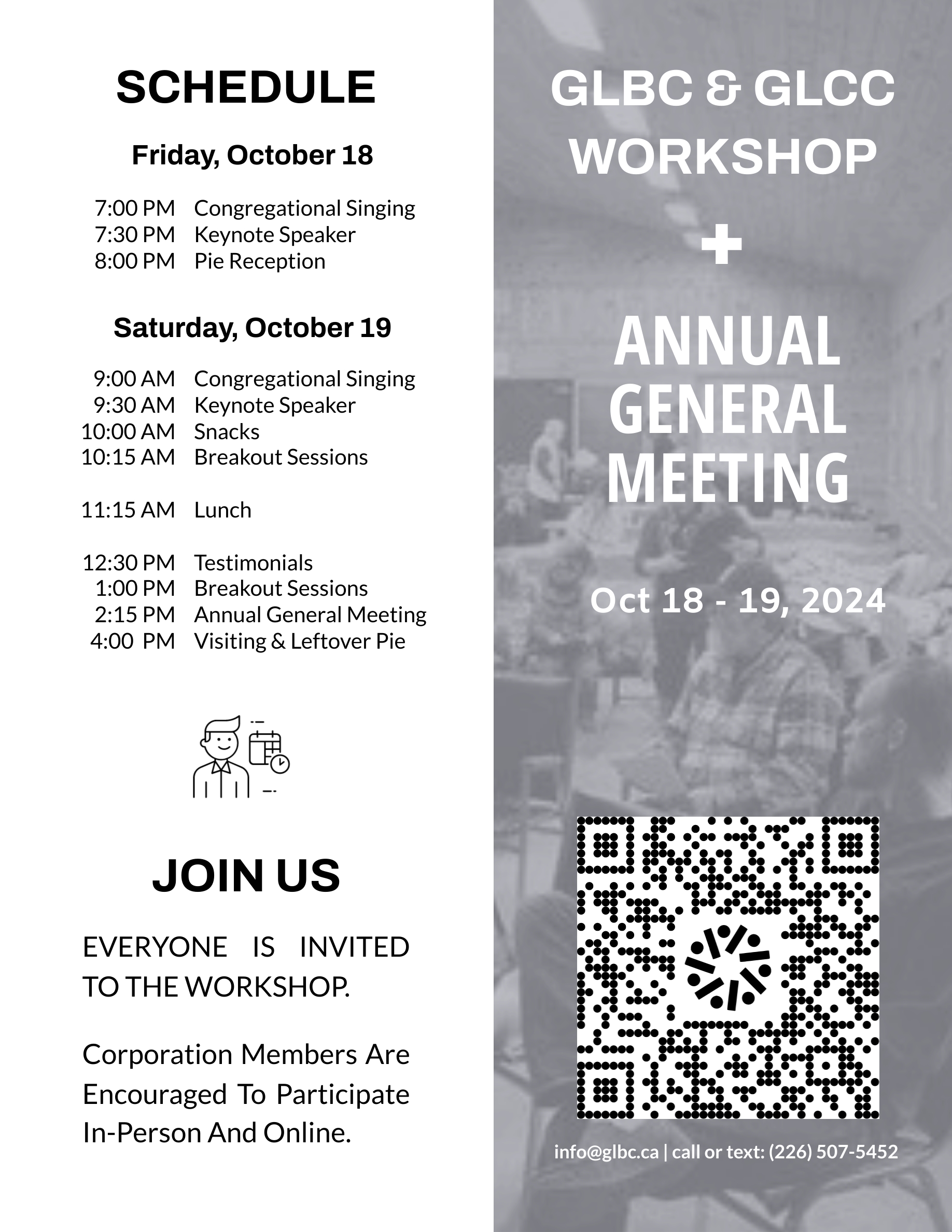
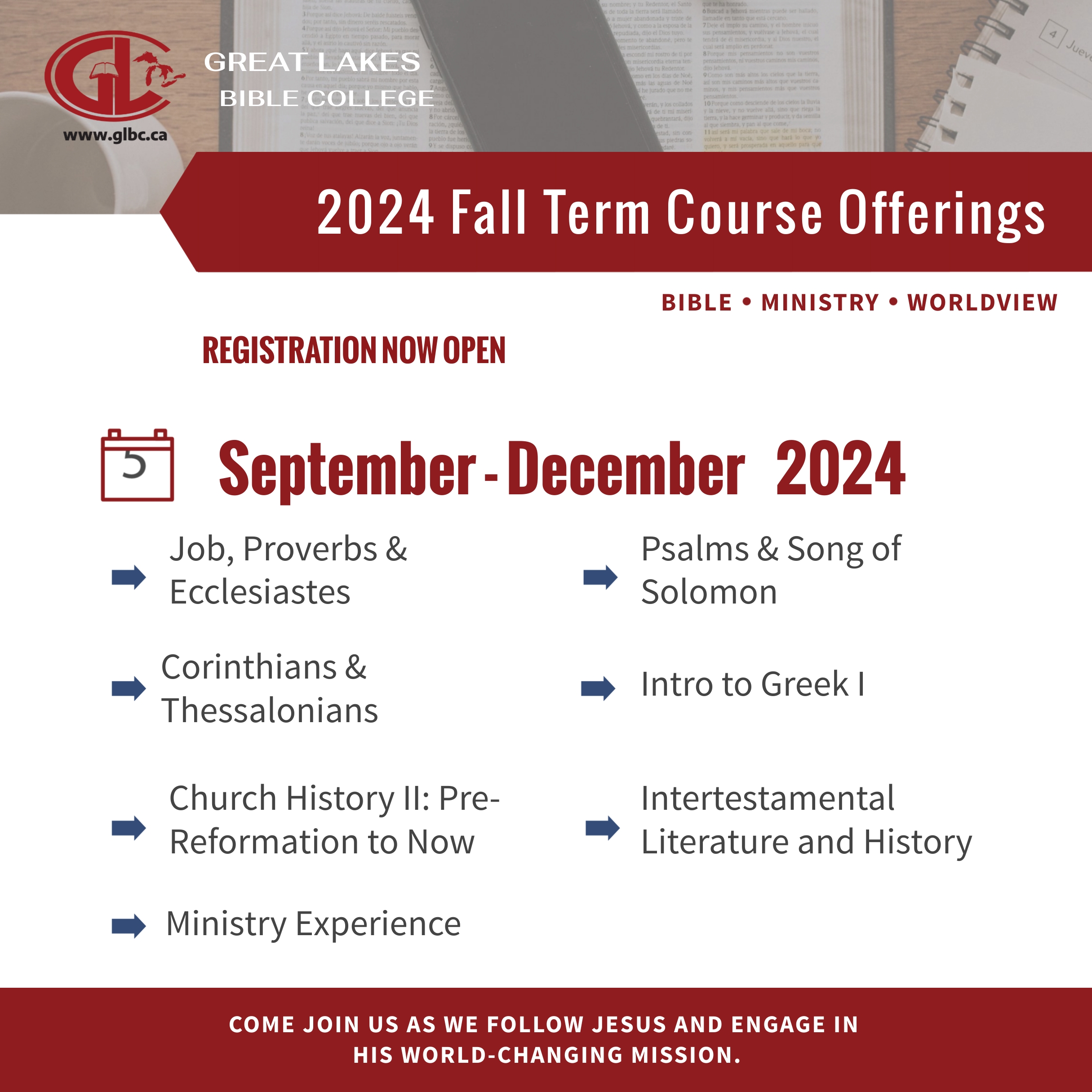
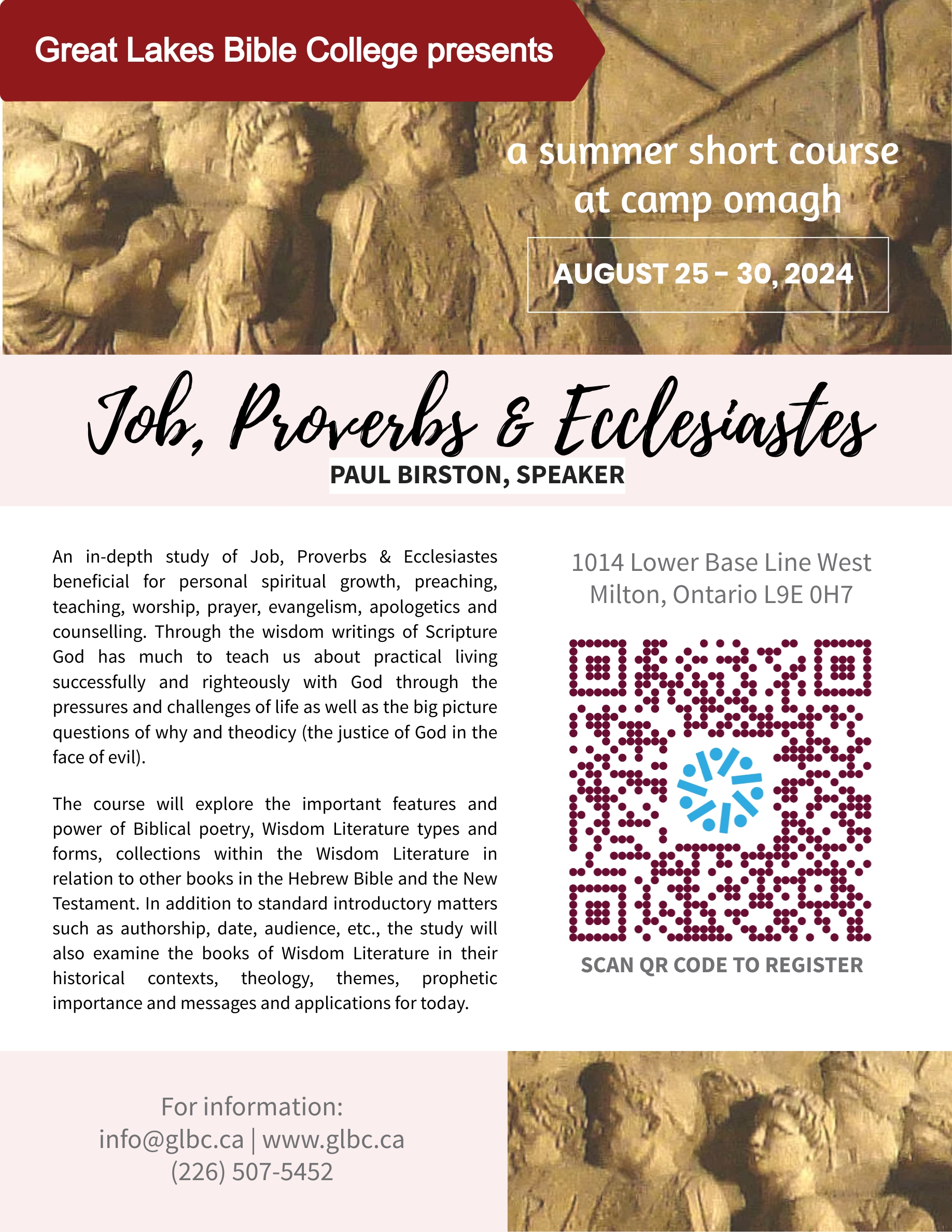
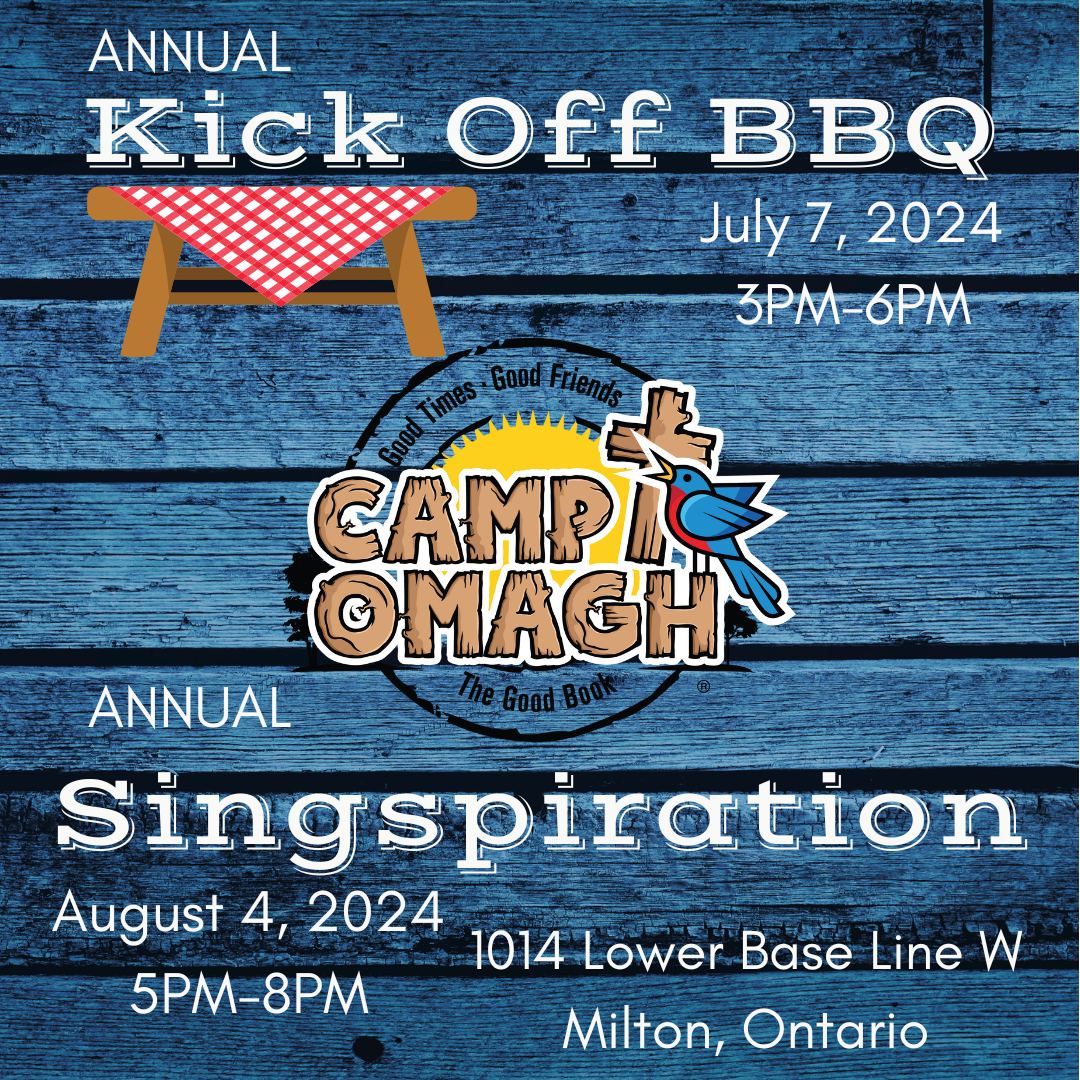
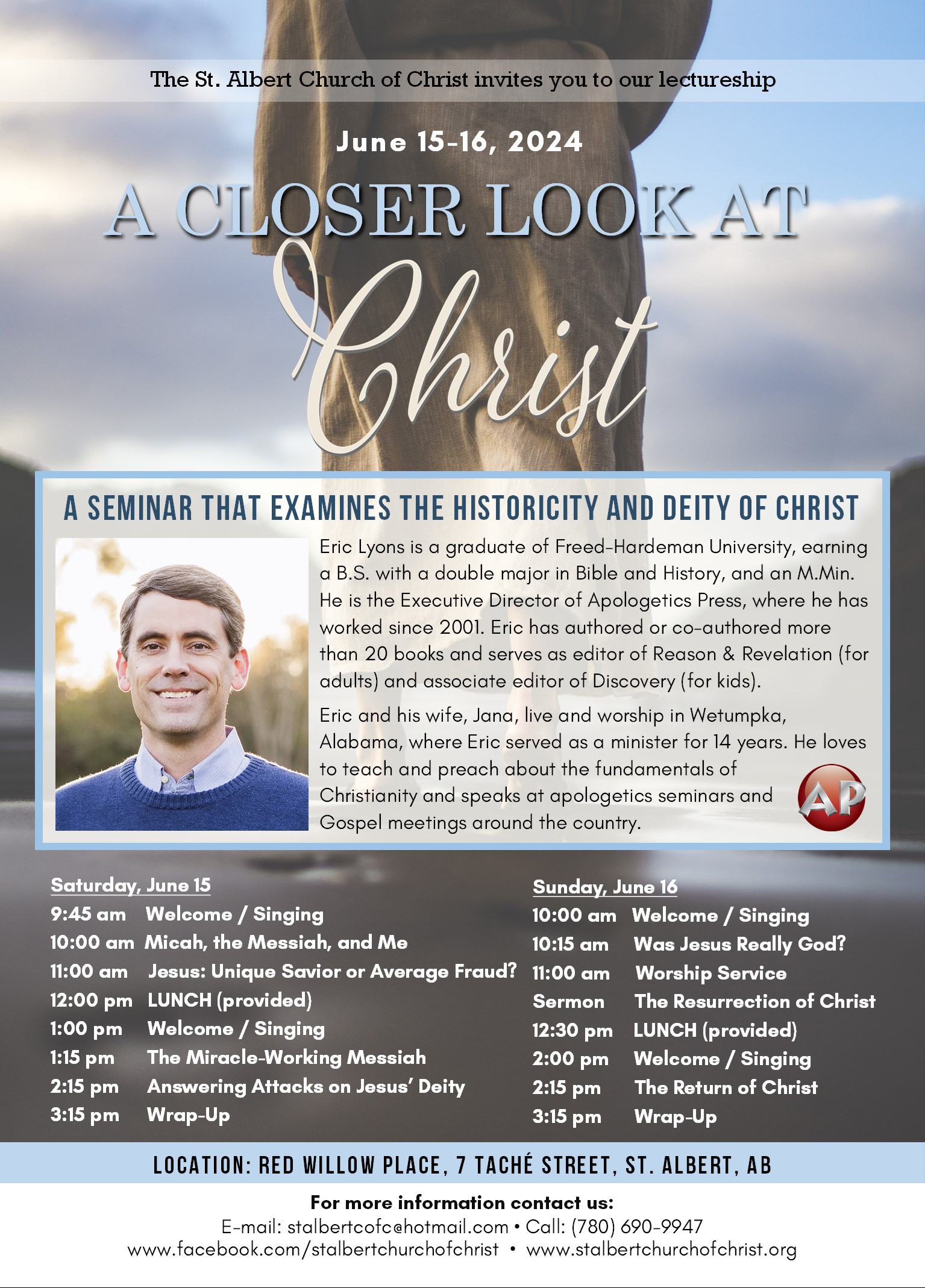

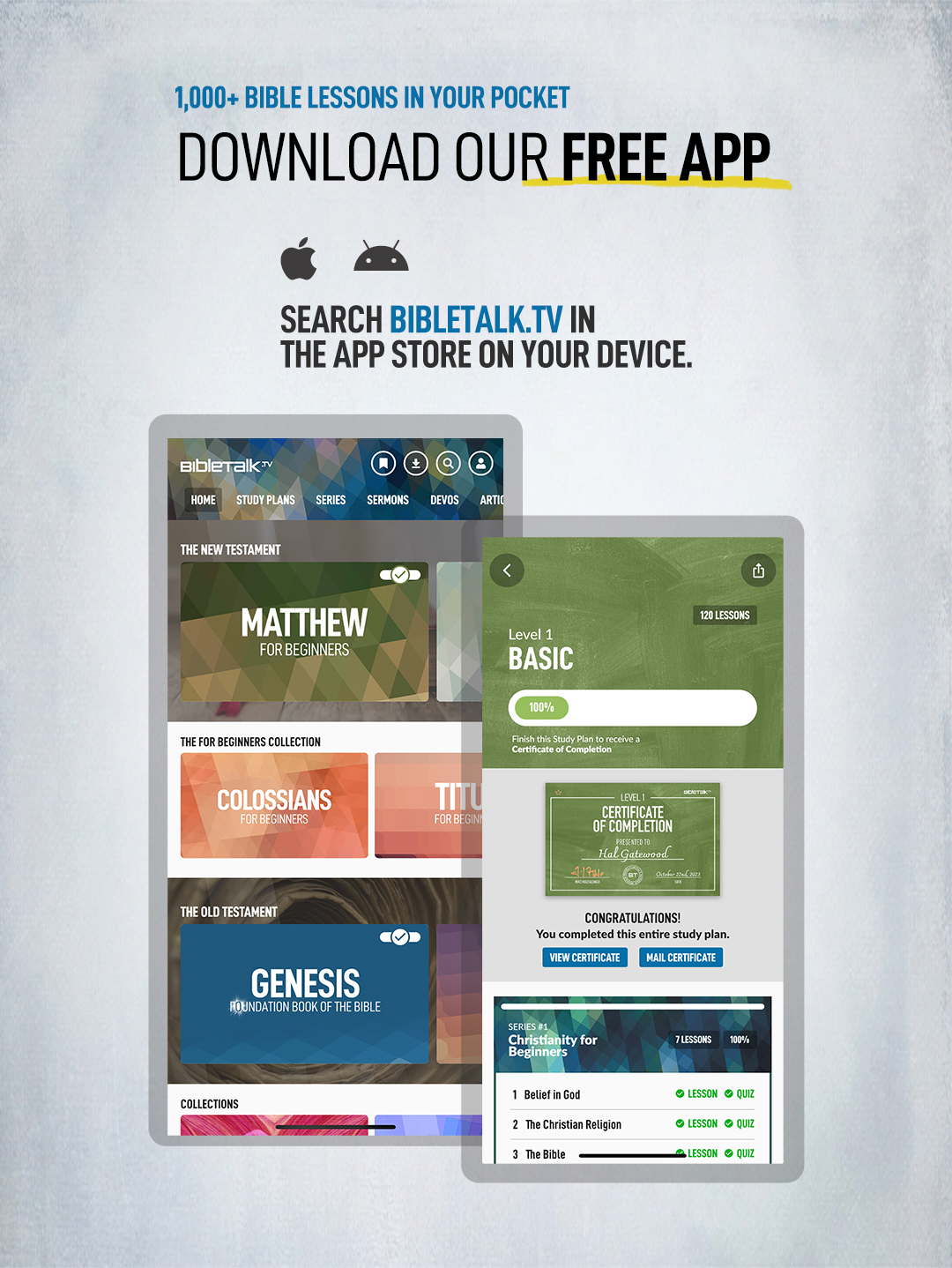

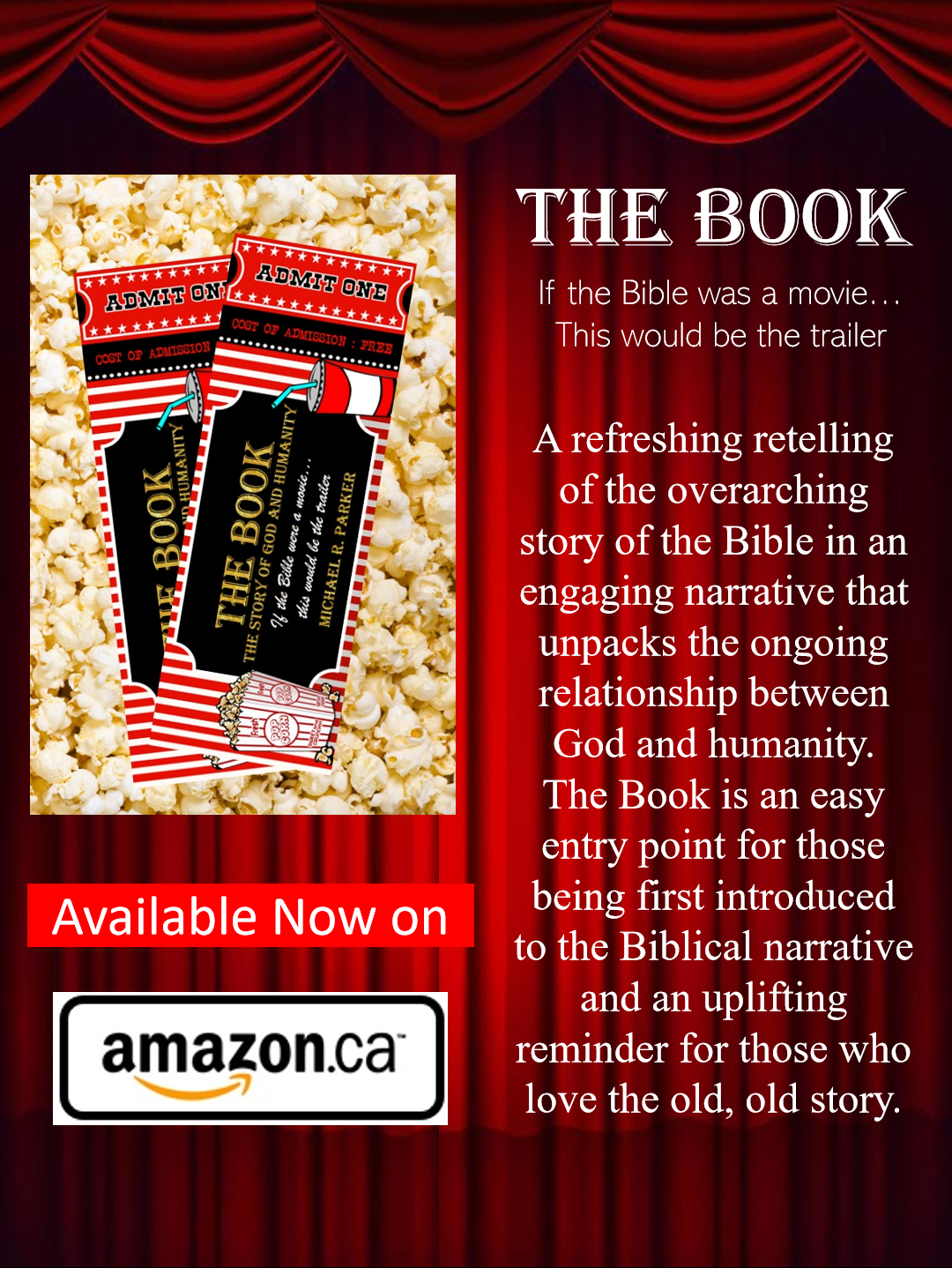




Number one. The worshipper was to place his hand upon the head of the animal of sacrifice. That is in Leviticus 1:4. Here is how it reads, “Then he shall put his hand on the head of the burnt offering, and it will be accepted on his behalf to make atonement for him.” The animal is still alive when this is done. The offerer is coming into direct contact with this animal. We could say with the essence of the animal. You see, the head was seem to be the seat of life. The head represented the whole being.
Now when we read Acts 18:6, the apostle Paul is angry here and he said, “Your blood be upon your own heads; I am clean. From now on I will go to the Gentiles.” Your blood be on your own heads. What’s he saying there? Is he saying the blood is going to be on their physical heads only? No, when he said heads, he means your blood is going to be on you, totally you, your whole being. The head just represents the seat of life. It represents who you are.
And so the offerer is placing his hand on the head of the animal. We may wonder, what is he doing? Well, the text doesn’t really tell us directly what this act is. It doesn’t provide a definition, but we do get a hint from the context in verse four: it will be accepted on his, that’s the worshiper’s, on his behalf. What seems to be the context, of this placing the hand on the head, is that the worshiper is identifying himself with the animal as his substitute. That animal is going to die and shed its blood rather than the offerer. It will be accepted on his behalf. So the animal is taking his place. The worshipper is reminded of this fact just before he slays it.
Then in verse five, the animal is killed before the LORD. Who kills the animal? That’s interesting. The priests don’t kill the animal. It’s the offerer. He is responsible for the animal’s death. He kills it. Now this act really is significant because as the blood is being poured out of the body of that animal, that animal’s life is being poured out of its body. Leviticus 17:11 says, “‘For the life of the flesh is in the blood, and I have given it to you upon the altar to make atonement for your souls; for it is the blood that makes atonement for the soul.’” The priest does have a role. What he’s doing is catching the blood as it’s poured out into a bowl. Then he casts or sprinkles that blood onto the sides of the altar. So that’s what’s happening in verse five.
Now we look at verse six and also verse nine. In verse six we learned that the sacrifice is skinned and it’s cut into pieces. In verse nine, we see that the sacrifice is washed. Who is doing all that? Well, it’s the worshipper again. It’s the offerer. The priest is not doing that. So all this preparation for it to go onto the altar and be burned is being done by the offerer.
Now the priests are working there at the altar. They’re putting fire on the altar. They’re performing their duties as they relate to the altar. But the washing of the animal parts, that’s also done by the worshiper. That would ensure that any dirt, any mud and any excrement is washed completely off the parts of the animal’s body so that the priests when they receive it won’t be defiled when handling that carcass.
So the gift the worshipper gives to God is completely handled by the offerer. Now he’s called the offerer for a reason. He is doing the offering. And that requires work. So let’s now draw some Christian applications.
Christian Applications from Leviticus 1:4–9
We’ll deal with three Christian applications from this particular text.
Number one, the worshipers should get his hands dirty. That’s kind of a funny way to look at it but like the Israelites who were 100% involved and invested in what they brought to the LORD, we are to be hands-on in our worship to God. Now this does not mean that we have to preach the sermon. This does not mean that we have to lead singing.
What does it mean? This means that when we sing, we are truly singing God’s praise. We’re sending Him praise from our hearts through our lips up to Him. Because we are to sing, we are basically to play our hearts. We are to make melody in our hearts. Sing and make melody. And so it means to be real. We’re not just singing a tune. We’re not just saying the words and not thinking about what they mean, but we are singing with the understanding.
This also means that when we participate in the Lord’s supper, we are truly communing with our Lord. What are we doing? We are discerning the body and blood of Jesus Christ. We are examining ourselves. We are meditating on what the Lord Jesus did for us. We don’t just outwardly visibly partake of the emblems and think of nothing and just do it as a tradition.
It also means that during the sermon we are truly hanging on every word that proceeds from the mouth of God, not set necessarily hanging on every word of the preacher. Now you may wonder, whoa, what’s the difference here? It’s because when we have a human being up there in the pulpit, and as we’re listening to the sermon we have to be like the Bereans to make sure what is being preached is the Word of God. And so we make sure we are careful as we listen to what is being heard. Does it match what the Word of God says? But having said that, if indeed, the preacher is preaching the Word of God, we hang on every word of that. And not only are we listening to every single word, but we are listening with a view to make proper application of what we are hearing.
Now sometimes we listen to a sermon like we watch TV. You know, we almost have to be spoon fed. But we have to be active in our listening and whatever application is being pointed out, we need to be active in how it can be applied to your life, to my life personally, and in a very real way. The preacher, he’ll lay out those principles, and he may give an illustration, maybe a couple of illustrations, a couple of examples of application, but everyone’s life is different. We need to be active listeners so that when we hear the word of God, we need to make that proper application to our lives.
What can I do with the message that I have just heard? What can I do about it today? What can I do about it this week? When I’m at work what can I do with that message that I just heard? When I’m in the community, whatever it is that I’m doing, what sort of application can I make? How can I make it real? Active listening.
And there’s more. As we talk about this idea of being so involved in the worship, it also means that when we are there in the assembly, it is, in addition, with the purpose to spur our brethren on toward love and good works. And so it’s directed to God, but also as we are there we are concerned about one another. And so we are serving our brethren. What can I do to help my brethren? We do this through talking with one another, at the appropriate time of course, not during the worship service. So we don’t have to preach a sermon to spur one another on toward love and good works. We have spiritually oriented conversations them.
Now it’s interesting as we move to the next point of application that the offerer under Mosaic law did more work for his offering than the priest. I want you to think about that just for a moment. Let that sink in because you saw what he was doing. He brought the offering, he presented to the priest, he laid his hand on the head, he killed the animal, he cut the animal into pieces and he washed it. Then the priest put it in the fire. So the offerer is heavily involved.
Do we see that principle in congregations today where it’s the members who are bringing their gift of worship. Their gift is grand even in comparison to the preacher’s, in comparison to the song leader’s, in comparison to whoever is up there, doing it very visibly. It’s easy for worshippers at church to think of themselves as the audience and then lay all the work of worship at the preacher’s feet.
We need to think of our worship of God as essentially bringing a gift to the altar. The worshipper brought something to God as a gift in Leviticus chapter 1 and so do we. Hebrews 3:15 says, “Therefore by Him let us continually offer the sacrifice of praise to God, that is, the fruit of our lips, giving thanks to His name.” This is something we certainly do in worship. This is what we bring and it must be holy.
So our first act of application is getting our hands dirty.
Secondly, the combined efforts of the worshipers and those serving publicly should result in glory to God. It’s the combined efforts under Mosaic law, the combined actions of the offerer and the priest. What do they produce? Leviticus 1:9 says, “a sweet, smelling savour.” That means it was pleasing. All that was done in worship to God was acceptable to Him.
Likewise, let’s bring this forward. We want our worship to God when we meet as an assembly, those who serve publicly and those who are in the pews, the combined effort of everyone there, to be true worship to God, pleasing and acceptable to Him. Think of it as a collective effort. Our unity in this will result in glory to God.
Thirdly, the worshipper should have been changed. He should have been transformed by the end of the worship. In Leviticus, when we read this text, it’s hard for me to imagine that the offerer would be clean by the end of everything that he did. Because I am picturing him as bloodied up, his clothing after killing the animal, skinning the animal, cutting up the animal for that sacrifice. He may physically look different going home from the Tabernacle than how he looked when he was going in to the Tabernacle. I haven’t read a verse that really spelled that out in detail. However, there is indeed a change. There is no question about it.
There is a transformation that has taken place. This offer has experienced a transformation from going to the Tabernacle and offering his sacrifice. That transformation is spiritual. How do I know that? In Leviticus 1:4, what is the purposes of this offering? To make atonement for him. His sin has been atoned for. If he indeed worshipped God as God desired, then he has changed. He’s been transformed. He’s been made clean
Let’s look at this from a Christian viewpoint. We too should be changed. We should be transformed after worshipping God. No we don’t worship on the Lord’s Day so we can acquire atonement. That’s not why we go. But we do assemble to honour God. We assemble to commune with Him to, edify our brethren, to feast on His Word, and to give glory to His name.
But when we leave our worship services and nothing is different from when we went in to when we come out, if everything’s the same, did we worship God in spirit and truth? That’s a serious question. Did our coming to into His presence have no effect? Did our hearing His words that proceeded from his mouth have no impact at all? If there hasn’t been a positive spiritual change, what are we doing? What are we doing when we’re at worship if there has not been a change? We’re not worshipping God because we cannot be drawing near to God and that have absolutely no affect. Being with God needs to change us. You know we see this visibly in what’s written in the Bible. Moses, in the presence of God, was visibly changed. He was like light. He glowed. He was with Jesus on the mount of transfiguration. We need to be changed after worshipping God. James 4:8, “Draw near to God and He will draw near to you.” If God draws near to you, He will enrich you all the more.
Again, I ask this. If this is not happening to us personally, we need to evaluate our relationship with God in our worship. We need to ask ourselves, “Why am I not being changed after I have worshipped the Lord?”
As we conclude this lesson, the sacrifice of Leviticus chapter 1 is the burnt offering. It demanded that the entire animal be given as a sacrifice to God and consume by fire. Like the old covenant offerers, Christian worship today demands preparation. But we forget that. You know what? I’ve forgotten that. Sometimes you’re just in a rush. You’re going through. You’re getting dressed. You’re moving along and you get there and you have forgotten to prepare. Worship, demands that we give our best to God. God does not accept leftovers. He demands that we be mindful when coming into the Lord’s presence.
Like the old covenant offerers, worshippers today need to to be willing to get our hands dirty. We need to be involved in the worship of God. We should focus on the results of our combined efforts, those who are leading publicly, and those in the pews are combined efforts. We should focus on giving glory to God as a unified body. And we should be changed. We should be transformed in being active in the worship of our God.
I want to ask this question as we begin to approach the next worship assembly that we will be attending. I pray it will be this Sunday that you have that plan to worship God wherever it is that you may be. My plan is that I’m going to be there on the first day of the week. Sunday, I’m going to worship my God.
Here’s the question. What gift will you bring? What are you going to bring? If you’re going to present God with a gift, will you prepare yourself to give it? Will your gift be of the greatest quality? And will you recognize that when you present your gift you will be in the presence of the One who formed you, who gave you life and rescued you from your sins? I urge you today, be active in the worship of your God. That’s our challenge.
I thank you very much for listening. It’s been my sincere pleasure to present this lesson to you from God’s word. I pray that God will bless you that you will draw near to Him. He will be your God and you will be His person to give Him glory together with all your brothers and sisters in Christ.
Karns, Tennessee
You can listen to and watch Bobby’s lesson here:
https://www.facebook.com/KarnsChurch/videos/1010312836119103/
(Editor’s note: Bobby gave this excellent lesson for the Karns church of Christ in Tennessee November 18, 2020. In 2022, Bobby and his family returned to Toronto to continue working with the Strathmore church of Christ and the Key to the Kingdom outreach to Canada which the congregation oversees. Bobby died suddenly of a heart attack Monday, October 31, 2022, at age 51, after preaching another excellent sermon the day before. Bobby’s influence will live on through his Key to the Kingdom programs and the many lives he has blessed with his sound Biblical preaching and teaching and the love of God he exemplified. Part 1 of Bobby’s article is available here: https://gospelherald.org/worship-the-gift-we-offer/. You can hear his lesson here:)

